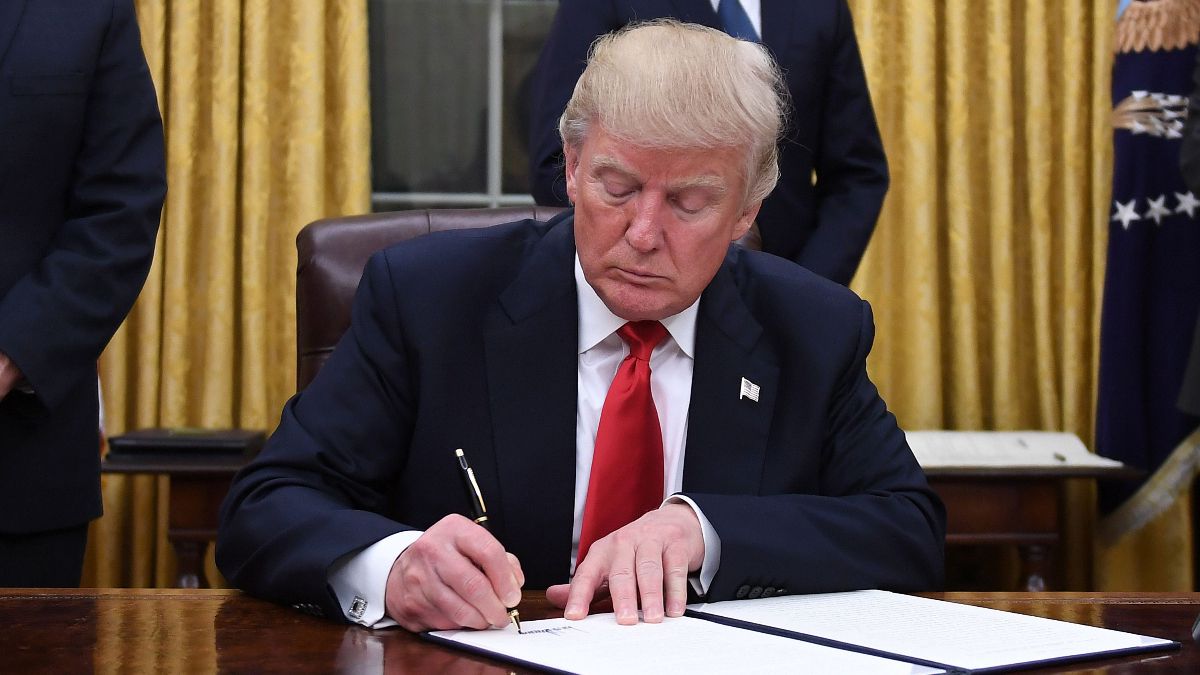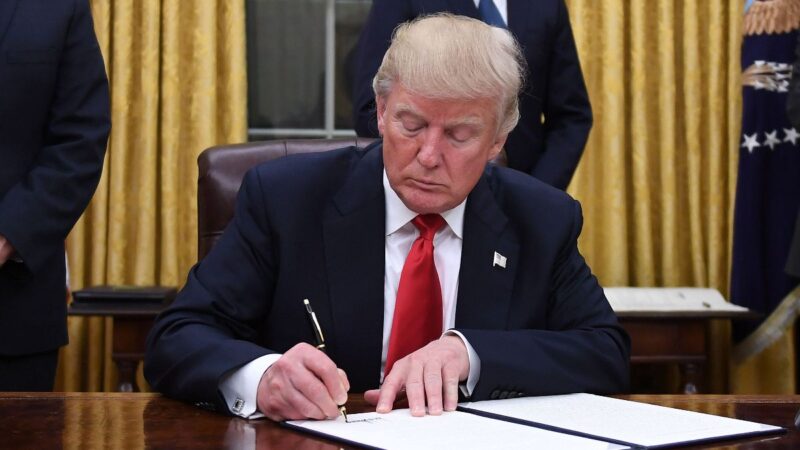
The United States has revoked at least 80,000 non-immigrant visas since President Donald Trump returned to office in January, more than double the number cancelled in all of last year, as part of a renewed crackdown on immigration and visa misuse.
According to figures released by the U.S. State Department on Thursday, the cancellations include 16,000 visas for driving under the influence, 12,000 for assault, and about 8,000 student visas. Other revocations were linked to terrorism-related concerns, overstays, and public-safety risks, officials said.
The department did not disclose the nationalities of those affected.
A tougher immigration stance
The new figures show an escalation in enforcement since Trump’s second term began. In his January inaugural address, Trump declared a national emergency at the U.S. border, promising to expand deportations and tighten visa scrutiny.
Officials have since rolled out what they call “continuous vetting”, an expanded screening process that allows U.S. authorities to review the records of all visa holders, even after entry, for signs of criminal activity, security threats, or immigration violations. The department says the system now monitors an estimated 55 million valid visa holders worldwide.
In August, officials confirmed that more than 6,000 student visas were revoked for overstays and legal breaches, including what the State Department described as a “small number” connected to support for terrorism. Rights advocates have criticised the government’s broad interpretation of that term, saying it has been applied to political speech, particularly criticism of U.S. policy in the Israel-Gaza conflict.
Social media checks and global restrictions
The administration has also tightened vetting requirements across embassies. In July, applicants for F, M, and J (student and exchange) visas were instructed to make their social media accounts public as part of a new transparency rule.
That same month, the U.S. Embassy in Nigeria announced a major change to its visa policy, reducing most non-immigrant, non-diplomatic visas to single-entry status with a three-month validity period. The embassy also warned that applicants who submit fraudulent documents would face a permanent entry ban.
In a separate move, the State Department last month revoked the visas of several foreign nationals accused of publicly celebrating the assassination of conservative activist Charlie Kirk, citing national-security concerns.








